Coastal communities saw record number of high tide flooding days last year
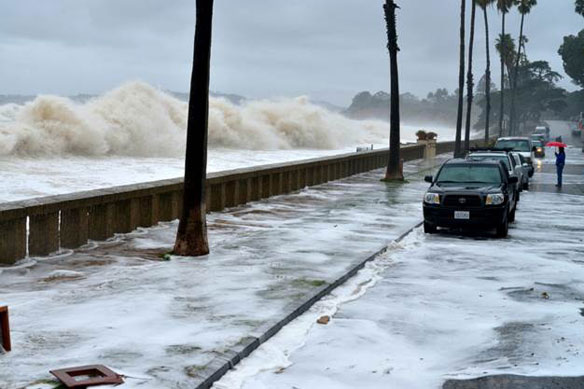
People living on the coast may see flooded sidewalks and streets more frequently this year due, in part, to El Nino conditions that are predicted to develop later this year, and from long-term sea level rise trends.
Rate of Antarctica’s ice melting has tripled since 2012, study finds
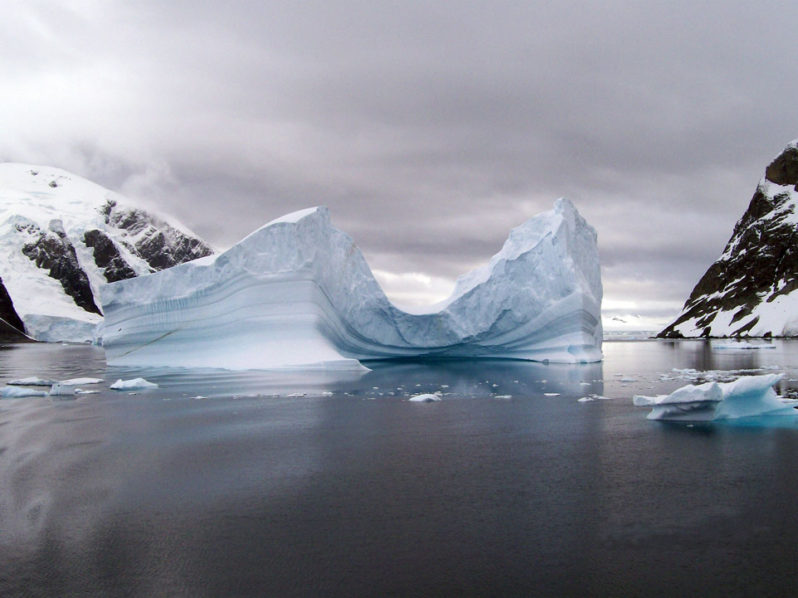
The rate at which ice is melting on Antarctica has tripled in recent years, according to a study published Wednesday in Nature. Coastal communities along the U.S. could feel the impact of a continued increase as melting ice adds to sea level rise, say experts.
Bracing for the meltwater pulse in Miami

How rising seas are already dismantling our ideas of home.
Our coastal cemeteries are falling into the sea; By Orrin H. Pilkey & William J. Neal

Cemeteries in coastal areas were not located with the expectation that they would flood or fall into the sea. But most of the world’s ocean and estuarine shorelines are eroding — some slowly like California’s rocky coasts, and others rapidly like the Carolinas’ barrier island coasts.
Del Mar takes another look at rising sea level and unpopular ‘planned retreat’
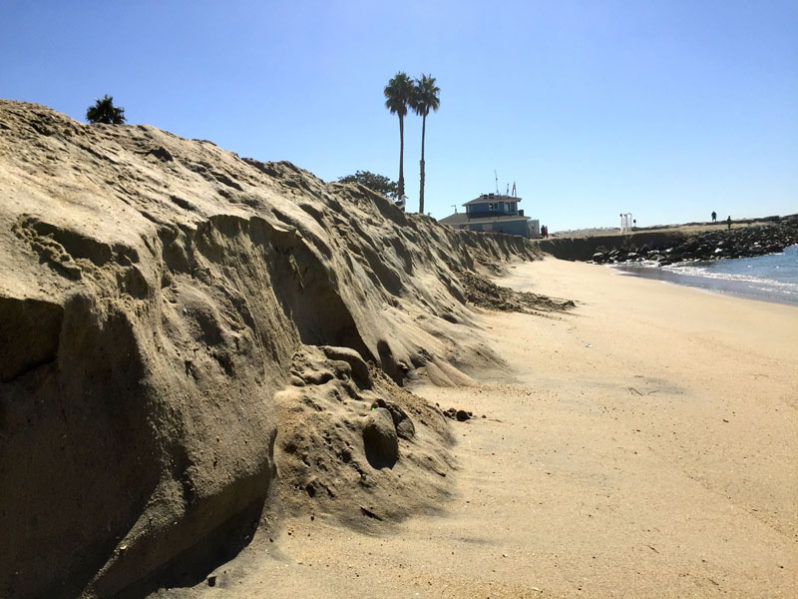
The California Coastal Commission requires all coastal cities to have a sea-rise adaptation plan, and to include planned retreat as part of their strategy.
Republican congressman explains sea-level rise: it’s rocks falling into the sea
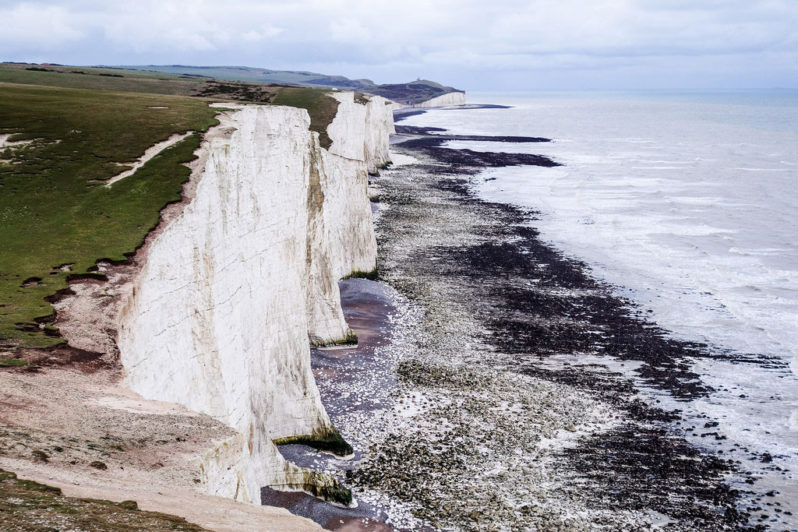
Member of Congress has suggested that the White Cliffs of Dover tumbling into the English Channel was causing rising sea levels, pushing back at the notion that rising sea levels were the result of global warming.
Sea-level rise: the defining issue of the century; Editorial
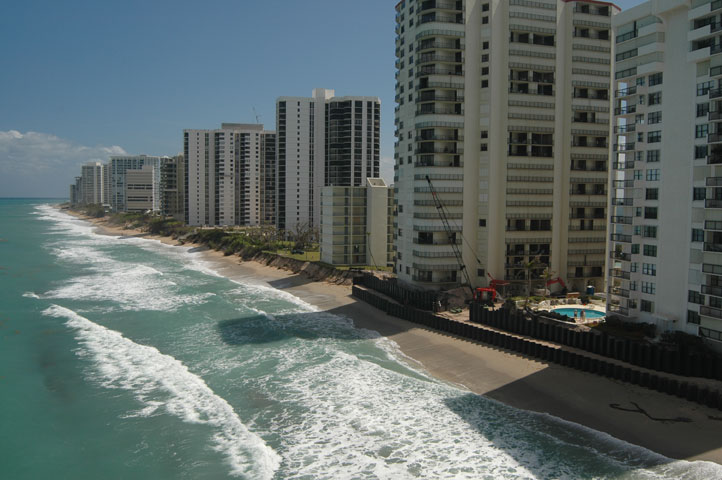
No graver threat faces the future of South Florida than the accelerating pace of sea-level rise. In the past century, the sea has risen 9 inches. In the past 23 years, it’s risen 3 inches. By 2060, it’s predicted to rise another 2 feet, with no sign of slowing down.
The military paid for a study on sea level rise. The results were scary.
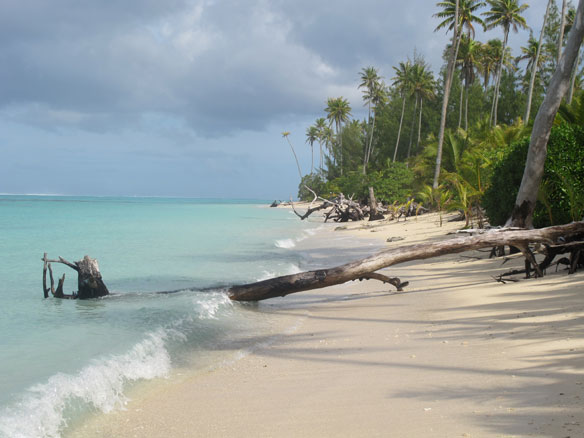
More than a thousand low-lying tropical islands risk becoming “uninhabitable” by the middle of the century — or possibly sooner — because of rising sea levels, upending the populations of some island nations and endangering key U.S. military assets, according to new research.
Why Seas Are Rising Faster on the U.S. East Coast
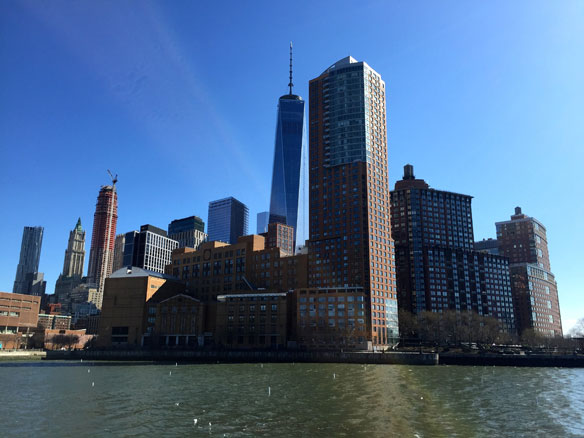
Scientists are unraveling the reasons why some parts of the world are experiencing sea level increases far beyond the global average. A prime example is the U.S. Eastern Seaboard, which has been experiencing “sunny day flooding” that had not been expected for decades.
